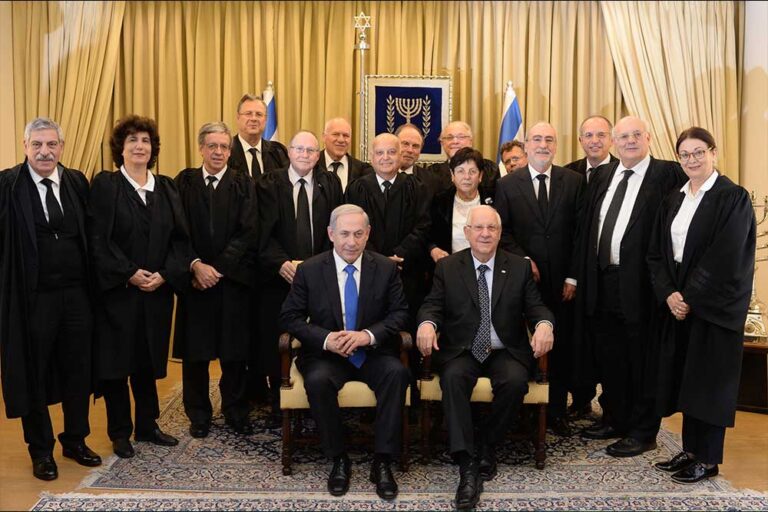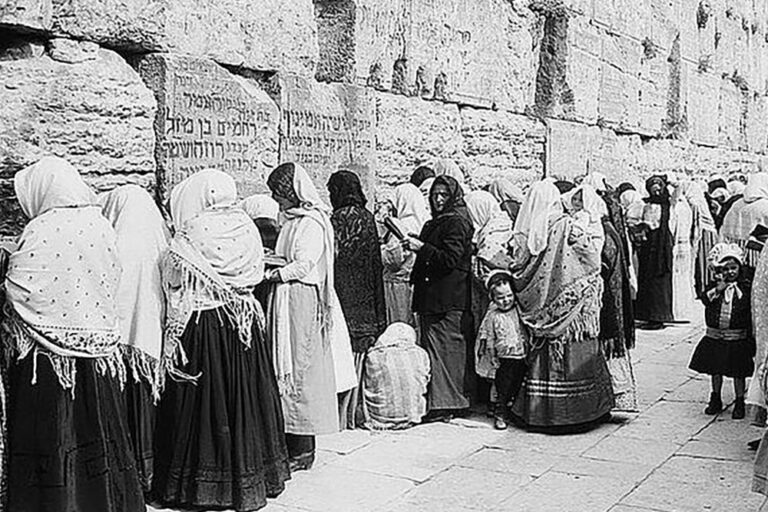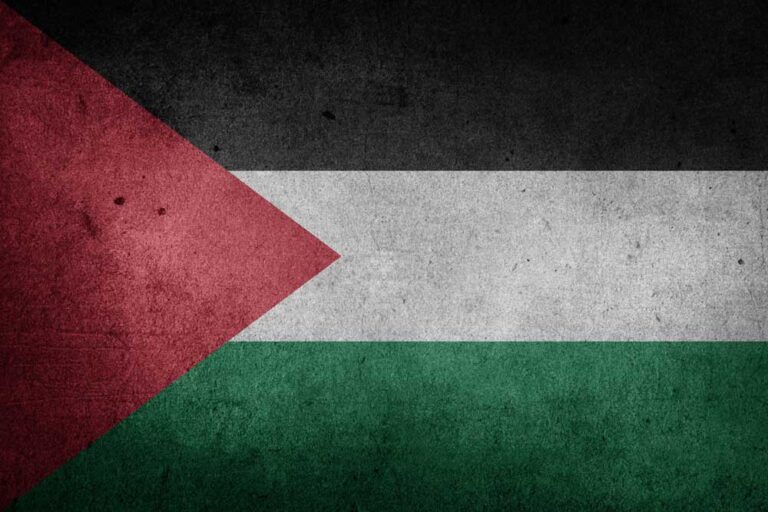Fast Fact #40
Mikve Yisrael, meaning Hope of Israel, was founded in 1870 as the first agricultural school for Jews in what would become the State of Israel. The Alliance Israelite Universelle, a French organization, purchased the land near Jaffa for the youth village and boarding school. Today, Mikve Yisrael has three schools (grades 7-12) catering to students who are secular, religious, or French-Israeli. Students begin working on the school’s farm in Grade 10.




